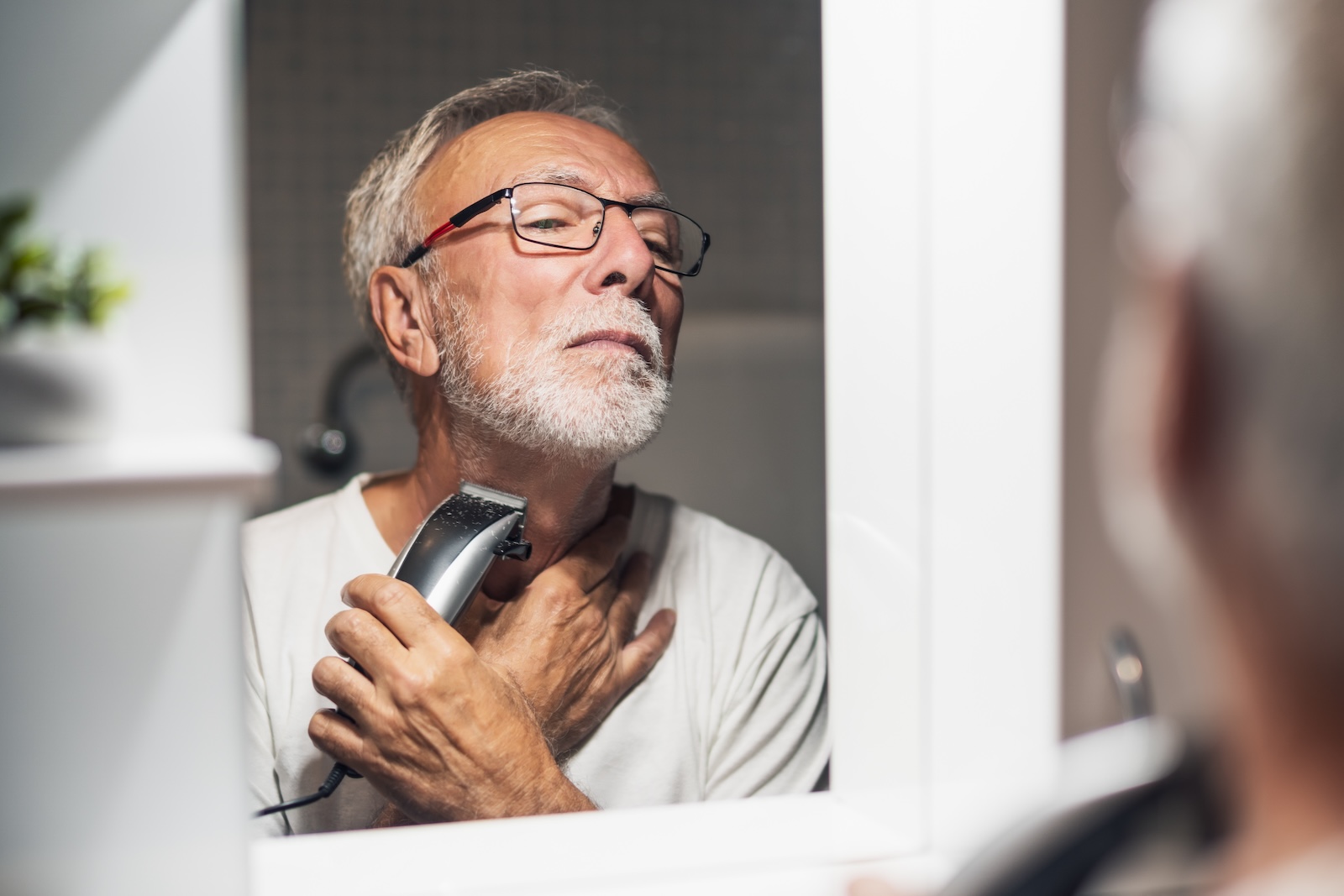Magazine
How Does Blue Light Affect Your Skin and How to Treat It?

The recent international health crisis has dramatically increased our screen time. Sitting for hours in front of your screen is no longer something you do exclusively in your office. We have constant video calls, online conference meetings, Skype, Zoom, Facetime – if it involves a screen, we’re usually into it. But have you ever considered whether blue light affects your skin? Is that even a thing?
Before we get into the possible ramifications of all that screen time (and how to treat them), it’s best we tackle the burning question: what is blue light? Is it avoidable? Is it really harmful? This article will shed some light on these questions, and help you pamper your skin back to health!
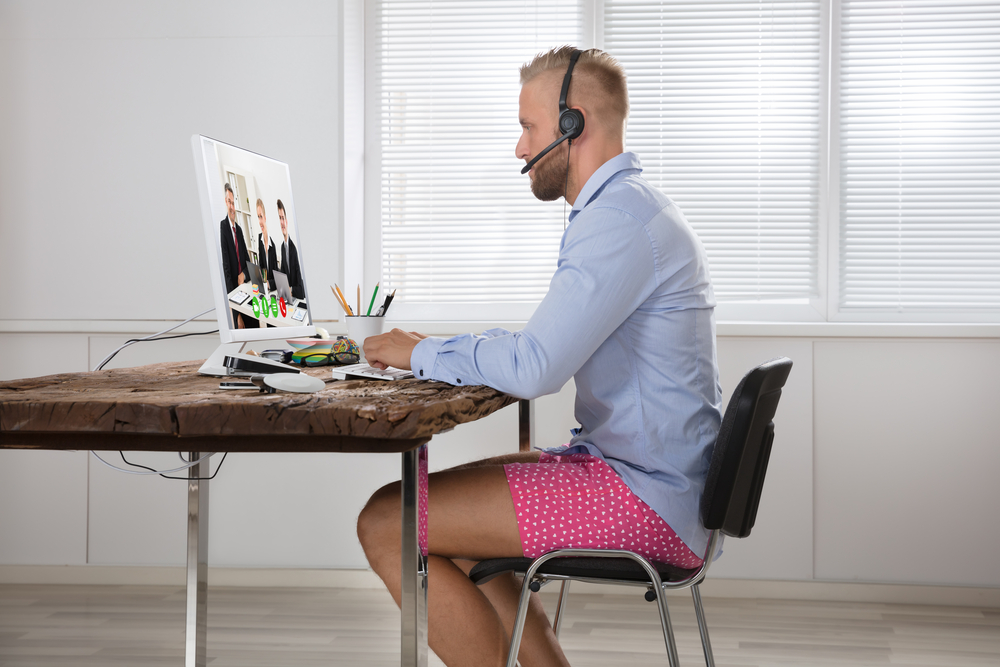
Sitting for hours in front of your screen is no longer something you do exclusively in your office.
Blue Light – What Is It Good For?
Simply speaking, blue light is blue wavelengths that are projected from smartphones, laptops, tablets, TV screens, and more. Research indicates that these rays of blue light increase concentration during the day (which makes sense since we’re expected to stare at screens throughout the day). They can also boost alertness, improve your memory, and elevate your mood. Sadly, it’s not all good.
While effective and necessary throughout the day, at night, these rays might throw off your entire chemical balance. Essentially, exposing your eyes and brain to blue light at night sends your body mixed signals. The artificial light hinders your body’s natural sleeping mechanism and patterns. For instance, as the sun sets, your body begins to produce sleep hormones, such as melatonin. Since your body is exposed to light at night too, your melatonin levels are suppressed, thus ruining your body’s natural cycle. There are many other ways in which blue light sets your health off, but does it really affect your skin?
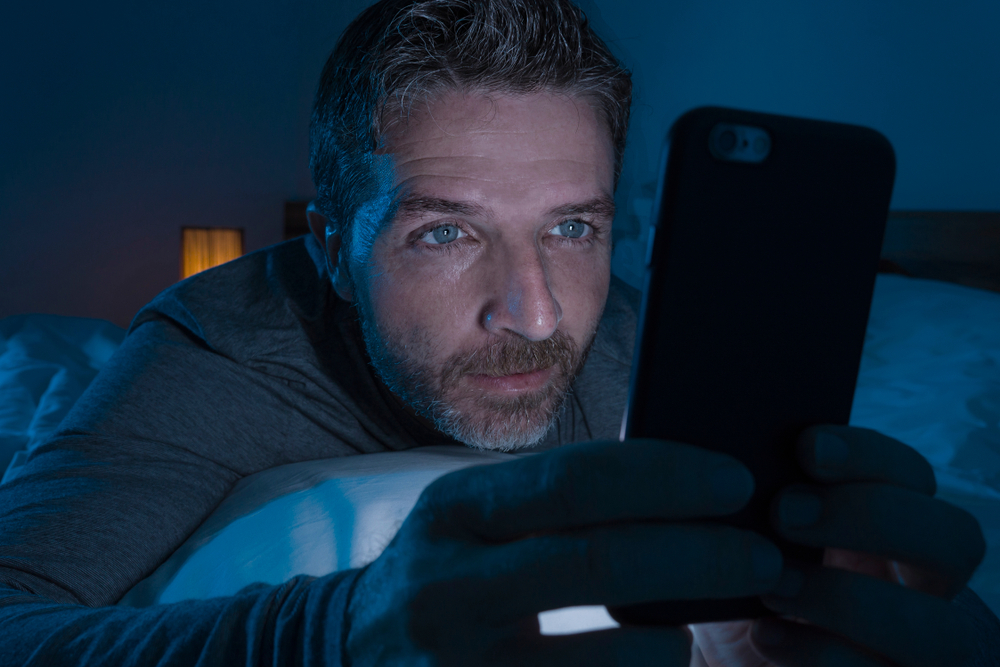
Since your body is exposed to light at night too, your melatonin levels are suppressed.
It Does Not Go Light on Your Skin
Or in other words, of course your skin is affected. One such effect was notably seen in people with a darker complexion. A study suggests that when suffering from over-exposure to artificial light people with darker skin may experience redness, irritation, and even pigment changes. Ultimately, this results in unhealthy skin that is even more sensitive to the damage caused by the blue light.
Other sources imply that the hyperpigmentation brought on by the blue light can lead to an accelerated aging process (and no one wants that). The light breaks down the skin’s natural collagen, whose production decreases as we age, and essentially deprives the skin of its elasticity and suppleness. With time, this leads to wrinkles, crinkles, crow’s feet, smile lines and you name it. The effects are cumulative, and while you might not see them straight away, they will have an impact on your skin at an older age.
Last but not least, new research suggests that overexposure to blue light, which leads to hyperpigmentation, may, in turn, trigger skin conditions such as Melasma. Though the condition is fairly common, it may have a substantial impact on the patient’s life. The skin condition mostly affects the face and isn’t always treatable. That being said, there are ways to treat your skin, prevent future conditions and live a healthier life altogether.
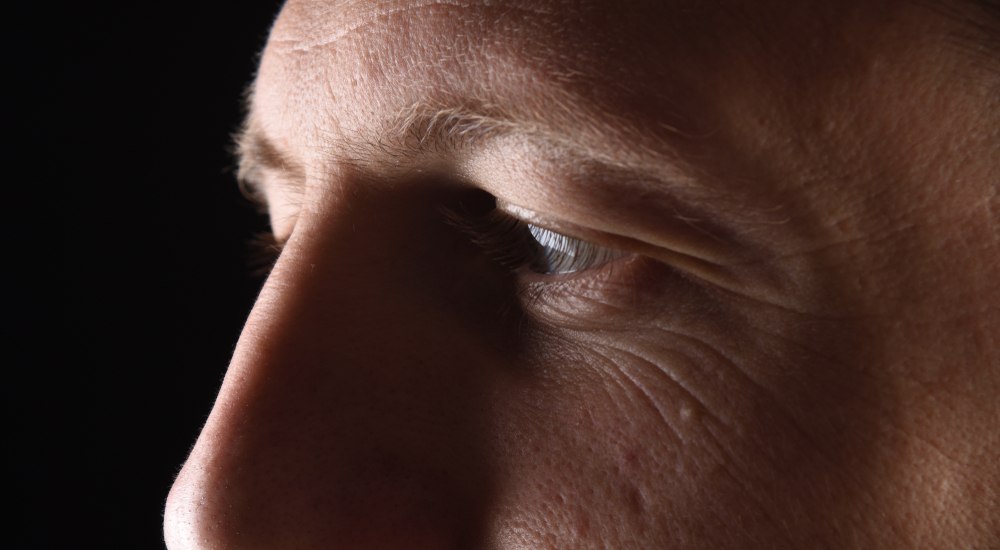
With time, this leads to wrinkles, crinkles, crow’s feet, smile lines and you name it
Light Tips and Tricks
The best way to protect your skin is by moderating your screen time. We’re sure that you need screen time for work, but do you really need to browse your phone before you go to sleep? Allow your body a screen-free hour before you go to sleep. But another great way to care for your health is by covering your screens with a blue light shield. This application controls the levels of blue light used to display different images. This will help both your eyes and skin.
Your next step, as odd as it may seem, is to apply sunscreen on a daily basis. Just add it to your daily skincare routine. Right after you apply your face cream that reduces wrinkles and slows aging processes, use a touch of sunscreen. At night, apply your face cream after you’ve turned off all the screens. That way, you’ll be able to give your skin a boost before it starts its renewal and natural rejuvenation at night.
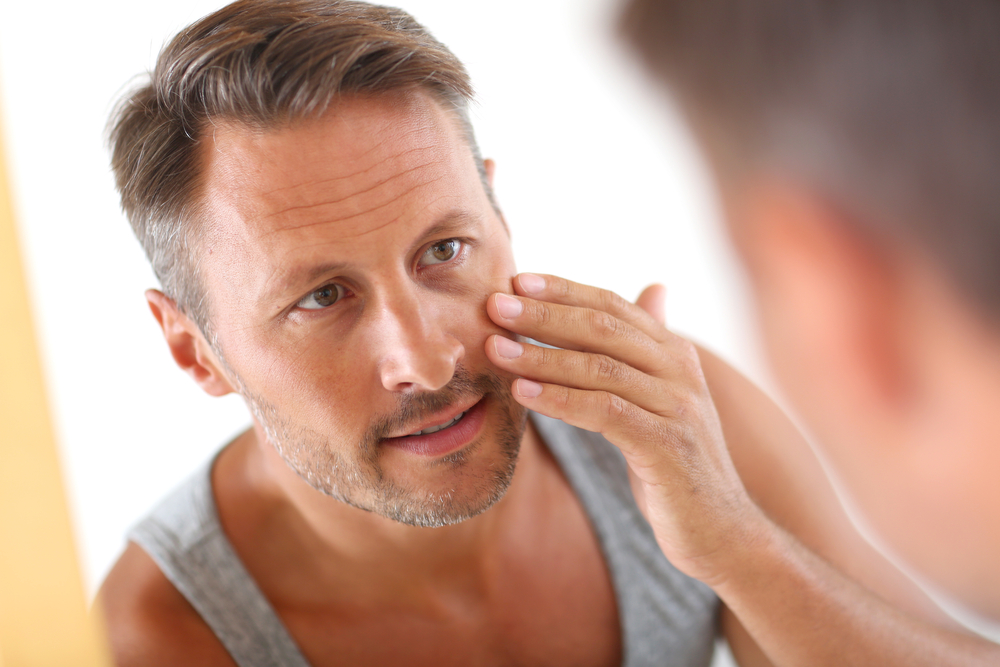
Right after you apply your face cream that reduces wrinkles and slows aging processes, use a touch of sunscreen.
Blue Light – Silver Lining
This health crisis has caused us to compromise on many aspects of our lives. For instance, our work hours and space have invaded our homes and all boundaries seem to be blurred. But whatever compromises we were forced to make, some we can still control. Our skin health is one compromise we should agree to. This is why being aware of the new dangers we are exposed to is key to preventing them. While blue light has its benefits, it can also damage your skin. But since it’s controllable – why should hurt your skin? All you have to do is tweak your skincare routine and make a couple of changes. Light and simple.
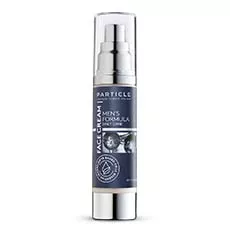
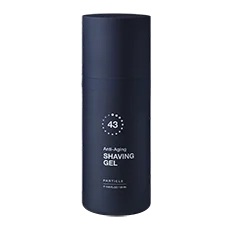
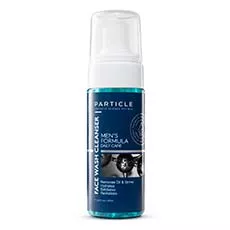
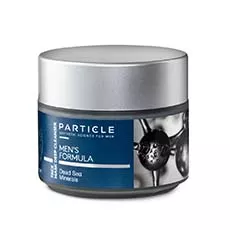
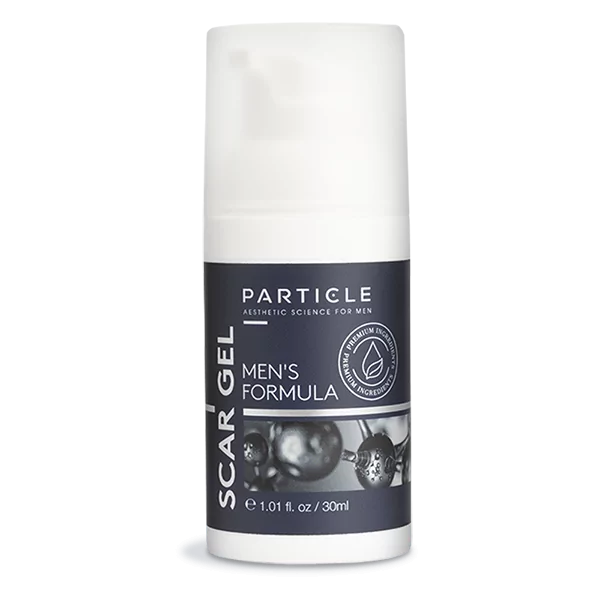
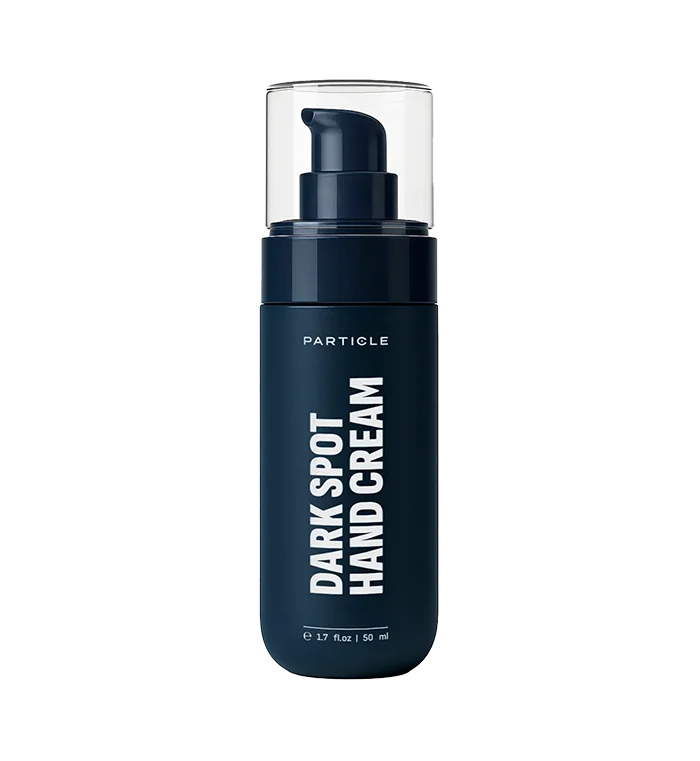
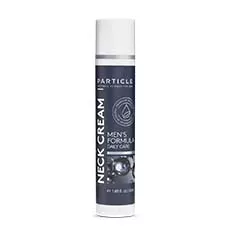
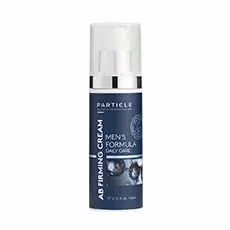

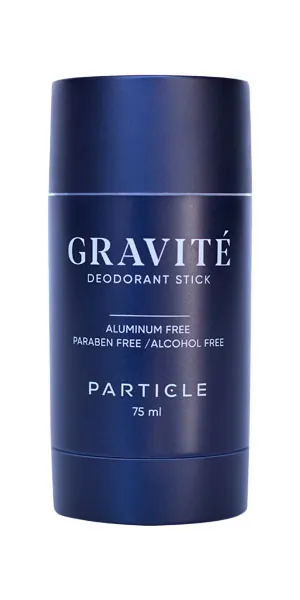
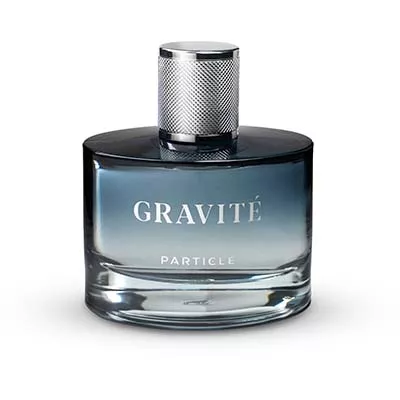

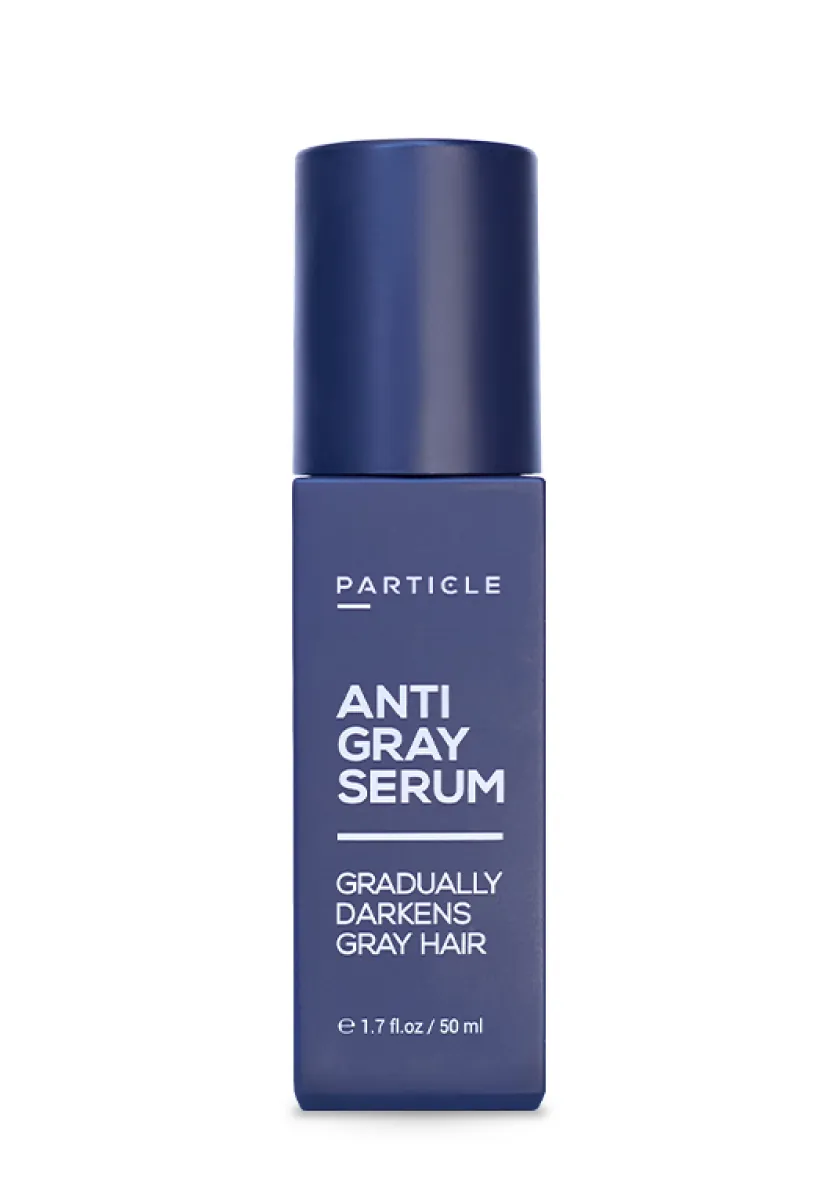
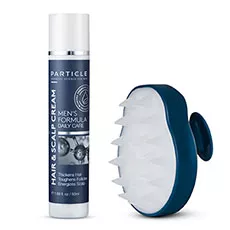
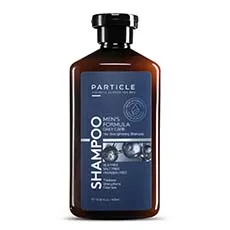
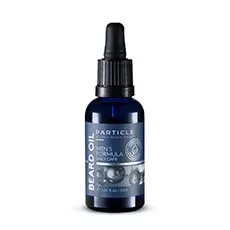

 au
au













